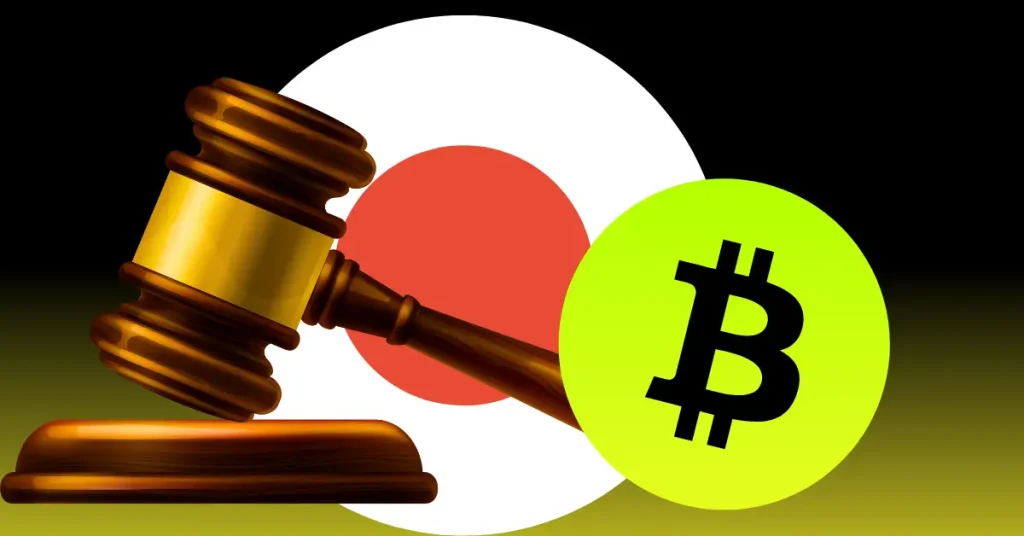Japan’s Crypto Approval Gridlock Stifles Innovation—WeFi CEO Sounds Alarm
Tokyo’s notorious regulatory molasses just claimed another victim: blockchain progress. While Asia’s crypto hubs sprint ahead, Japan’s Financial Services Agency (FSA) keeps startups in bureaucratic purgatory—ironic for the birthplace of Mt. Gox.
The Compliance Quagmire
Approval timelines stretch longer than a Shinkansen queue during Golden Week. Projects that launch in Singapore in weeks languish for months awaiting FSA nods—assuming they survive the paperwork gauntlet.
VCs Vote With Their Wallets
Investment inflows tell the story: Japanese crypto startups raised 73% less than SEA counterparts last quarter. When regulators treat innovation like a suspicious ATM withdrawal, capital finds friendlier alleys.
The Web3 Brain Drain
Top local talent now flocks to Dubai and Hong Kong. Remaining teams face Kafkaesque hurdles—one exchange reportedly submitted 1,200 pages of compliance docs just to list a single stablecoin.
As traditional finance clings to fax machines and hanko stamps, Japan risks becoming the Galápagos Islands of blockchain—evolutionarily unique, but utterly isolated. The FSA’s next move? Probably another committee meeting.

Maksym Sakharov, CEO of decentralized bank WeFi, says Japan’s slow and cautious regulatory process is the main reason Web3 startups and crypto funds are moving overseas—not the high taxes. Japan requires a two-step approval from the Japan VIRTUAL and Crypto Assets Exchange Association and the Financial Services Agency, which can take 6 to 12 months or longer. This long wait time puts pressure on projects and forces many to launch abroad. Sakharov urges quicker, flexible approvals and supportive sandbox environments to help domestic crypto innovation grow.

